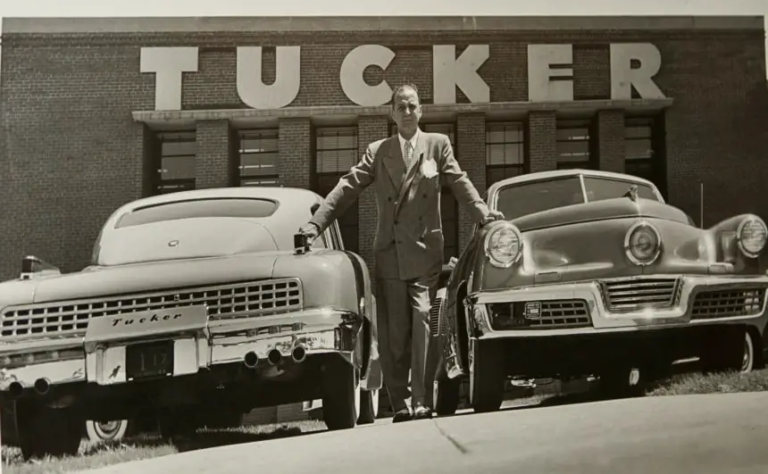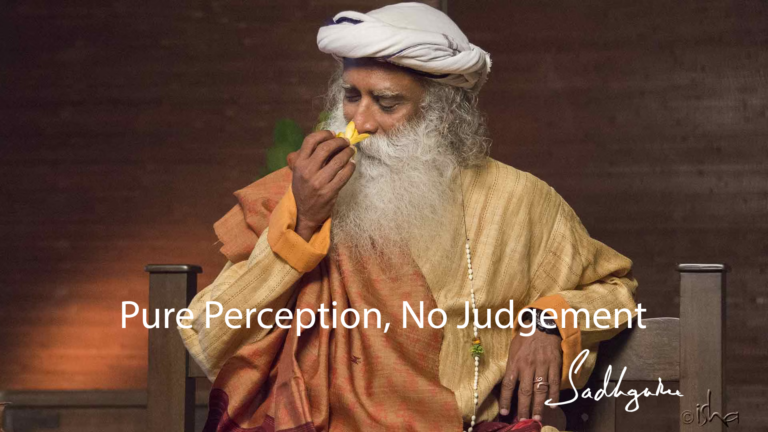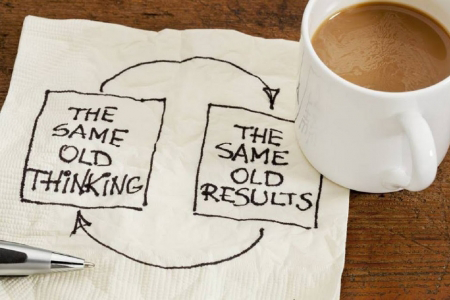
There are three types of NO a Disruptor can practice. Not accepting NO from others, not accepting NO from oneself, and not seeing NO as a possibility.
In my book, Disruptors, every single Disruptor encountered NO at some point along his journey.

Why did we need another automobile? Henry Ford got pushback every step of the way. Television isn’t really going to take market share away from the long-established radio. No one will want a personal computer, there’s no practical use for them. Selling books online will never work. Rockets aren’t the future, they’re not even real science. Frequency hopping, female lawyers, female engineers. None of this will ever come to fruition.
The second is self-doubt which can stem from peer pressure and hitting too many walls along one’s journey. Any worthwhile endeavor, in the beginning, can be lonely and seem fruitless initially, that is, after the passion of one’s idea has worn off a little. Lack of finances, lack of support, or lack of acceptance can all be reasons to give up and quit.
But those are usually attitudes society places upon us when it cannot see the value of one’s endeavors.
NO means not accepting the conventional standards of what others say. It means staying true to one’s vision and imaginings.
Preston Tucker was someone who got NO and pushback every step of the way, but he saw the future of automobiles in what he was designing. And now, ninety percent of the features he created are implemented in every vehicle on the road today. The Tucker automobile became the leader of what cars could be.

The third NO is one where there is only one road… possibility.
This type of NO says there is no other way but forward. That roadblocks and pitfalls don’t exist on this road. You will often find builders, inventors, artists, and other forward-thinking creators on this road.
And the KEY (thanks for not skimming), is to not be reactive. There are two states which determine if one will become a Disruptor or not. They are the states of being reactive or proactive.
When one is reactive, they are always in a state of capitulating to everything around them. Every request, every demand, every need from someone or something outside of themselves, wanting YOU to react to their needs, wants, and desires. When we are in a reactive state, we have little time or thought toward our own agenda. We place our worth and value on being of need or service to others.
And here’s where it can get lonely. When you are in a proactive state, you are in control. You set the tone, you make all the decisions, and you are responsible for the outcome. And that last part can be overwhelming to some; being responsible for the outcome, especially when you don’t know what that outcome could be or yield. That can be intimidating to many. It can cause one to second guess his choices and decisions.
While proactive can initially be lonely, it can also be the very thing that builds a strong foundation for who you ultimately become. Mozart, Michael Jordan, Julia Child, Brian Wilson, the McDonald brothers, Frank Geary, Ruth Bader Ginsberg, Katherine Johnson, Dudley Buck, Coco Chanel, Marie Curie, Michael Faraday, Philo Farnsworth, Buddha Gautama. All of them were initially on a lonely, unproven road, yet being proactive was the very thing that helped define them all.
One thing you must understand is that YOU don’t have to become a Disruptor. And, you may not even desire to become a Disruptor.
But that doesn’t mean that you can’t learn and benefit from the tools and attributes that make someone a Disruptor.
NO is a roadblock. It’s a way to condition yourself to limit how far you’ll go and train you to question what you’re capable of.
Now, you could say to yourself, “Okay, Disruptive thinking just isn’t for me. It’s something I’ll never put to practice.”
No one is judging you or criticizing you but you. You can go as far or as little as you desire.

But I imagine you’ve been reading these articles because you do want to learn the tools that can unlock your full potential. And not just learn them but apply them. So, here’s another tip.
In order for real change to happen, you must find drive or passion within. And the only way to do that is to change your state of mind. And the only way to do that is to KILL the rut you are in. You must get out of the rut of normal day-to-day living and start broadening your scope of how you see the world.

And that part is actually easy.
ONE: Start becoming selfish and putting the needs and requests of others second. This ‘people-pleasing’ nature of validation is one that people often carry as a way to gain self-worth. Unfortunately, it offers no forward movement and no tools for personal growth. Learn to put yourself first. Just like on the airplane, you need to put your own mask on first before helping others.
TWO: Break the boundaries. The only way you will learn who you really are and what you are capable of is to travel beyond the confines of your comfort zone. That means traveling, trying new things, venturing to new places, and meeting new people. Invest in yourself and DON’T wait until all your ducks are in a row, because by then, it will all be TOO LATE.
THREE: IMAGINE. Fantasize. Play. Pretend. Creativity and one’s ability to invent and build are fostered by learning to cultivate these four attributes. Let your hair down. Don’t sensor yourself. Learn to be okay with being a little foolish. Be silly, and dammit, learn to have some fun. Societal life wants you to stay in line and obey all the rules. But what does that really accomplish? True intuitive genius comes from tapping into your lesser-used thinking. Ultimately, it can make you bolder, more capable, and provide you with the ability to see the world differently.
FOUR: I have mentioned this several times in my articles because I think it’s important and bears repeating. Think like a four-year-old. What would he or she do or say? How would they act? How would they look at the world? What questions would they have? What explorations or adventures would they want to go on? Do they take the time to observe the flowers, trees, insects, clouds, and all other sights and sounds around them? Do they get down to the level of things, pick them up, touch, taste, and examine them up close? So why aren’t you doing that? What would you gain? What are you missing now?
Disruptive and genius thinking is really simple to achieve. We’ve been conditioned for so long to see it as silly, hard, impractical, or sometimes a waste of our time. Rational thinking tells us we have obligations and don’t have time for silly fancy. Yet silly fancy (imagination) is the very thing that creates the world we live in. We can’t live without imagination. And we can’t imagine if everything is always encased in NO.
NO is probably the one word you don’t need to keep in your vocabulary. Lose it and enjoy all the freedoms it offers.